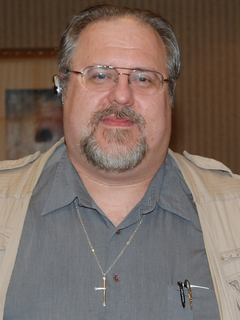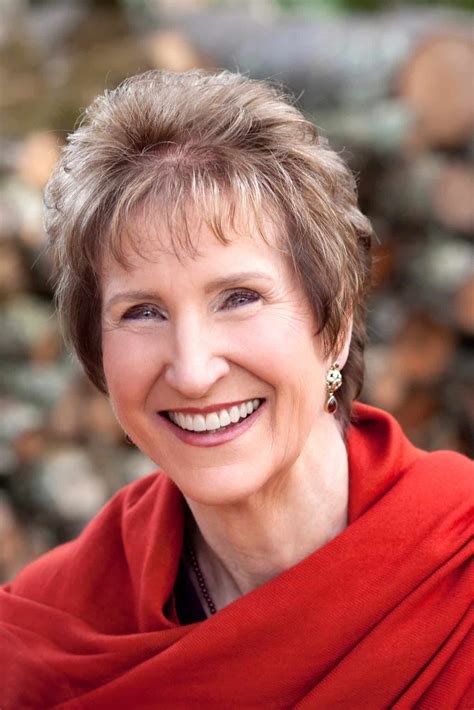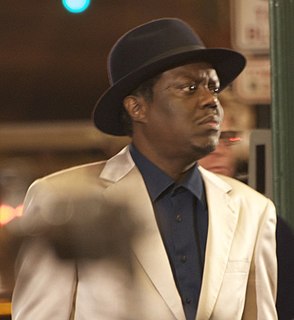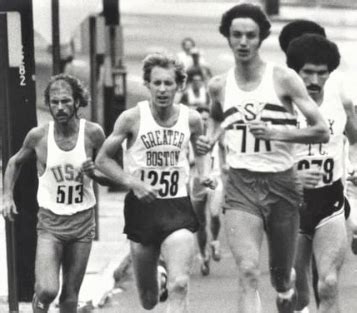A Quote by Scott Westerfeld
What did a happy ending even mean in real life, anyway? In stories you simply said, 'They lived happily ever after,' and that was it. But in real life people had to keep on living, day after day, year after year.
Related Quotes
Sitting on the floor, I'd replay the past in my head. Funny, that's all I did, day after day after day for half a year, and I never tired of it. What I'd been through seemed so vast, with so many facets. Vast, but real, very real, which was why the experience persisted in towering before me, like a monument lit up at night. And the thing was, it was a monument to me.
Surely it is an odd way to spend your life - sitting alone in a room with a pen in your hand, hour after hour, day after day, year after year, struggling to put words on pieces of paper in order to give birth to what does not exist - except in your head. Why on earth would anyone want to do such a thing? The only answer I have ever been able to come up with is: because you have to, because you have no choice.
[S]omething inside us, the feeling of resentment, the feeling that wants to get one's own back, must be simply killed. I do not mean that anyone can decide this moment that he will never feel it anymore. That is not how things happen. I mean that every time it bobs its head up, day after day, year after year, all our lives long, we must hit it on the head. It is hard work, but the attempt is not impossible.
It was no accident, no coincidence, that the seasons came round and round year after year. It was the Lord speaking to us all and showing us over and over again the birth, life, death, and resurrection of his only begotten Son, our Savior, Jesus Christ, our Lord. It was like a best-loved story being told day after day with each sunrise and sunset, year after year with the seasons, down through the ages since time began.
I learned hard lessons in life; I had to because I had so much happen: My mother died my sophomore year in high school. The next year, same day, my brother dropped dead. Two years after that, I got married because my girlfriend got pregnant. The year after my wedding, my father - who I had only recently met - died.
It has long been a tradition among novel writers that a book must end by everybody getting just what they wanted, or if the conventional happy ending was impossible, then it must be a tragedy in which one or both should die. In real life very few of us get what we want, our tragedies don't kill us, but we go on living them year after year, carrying them with us like a scar on an old wound.


































